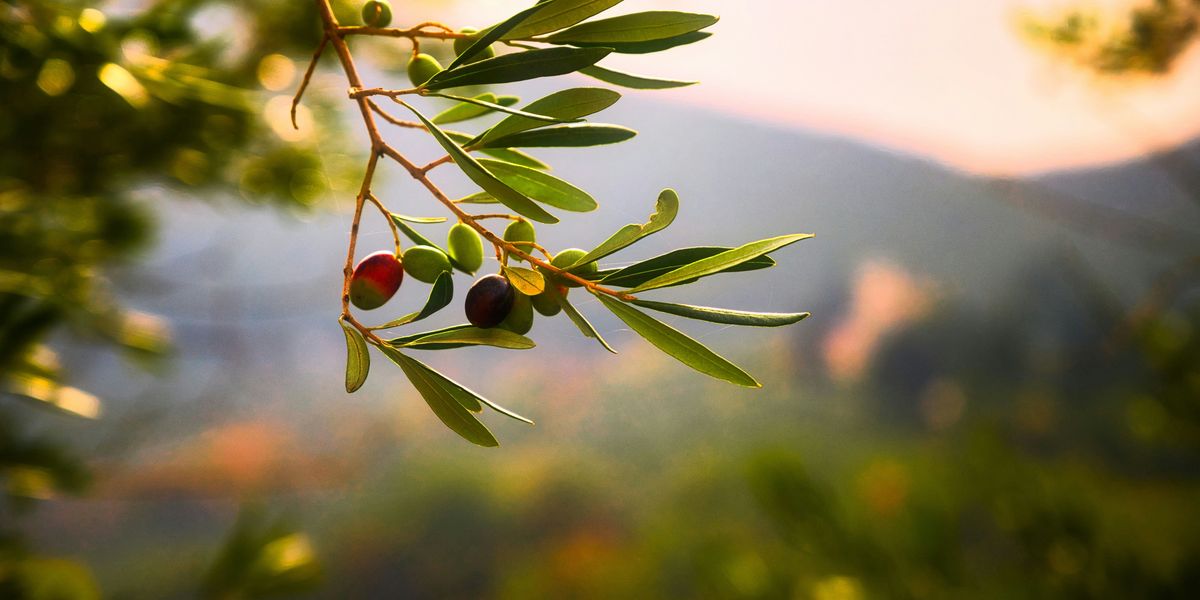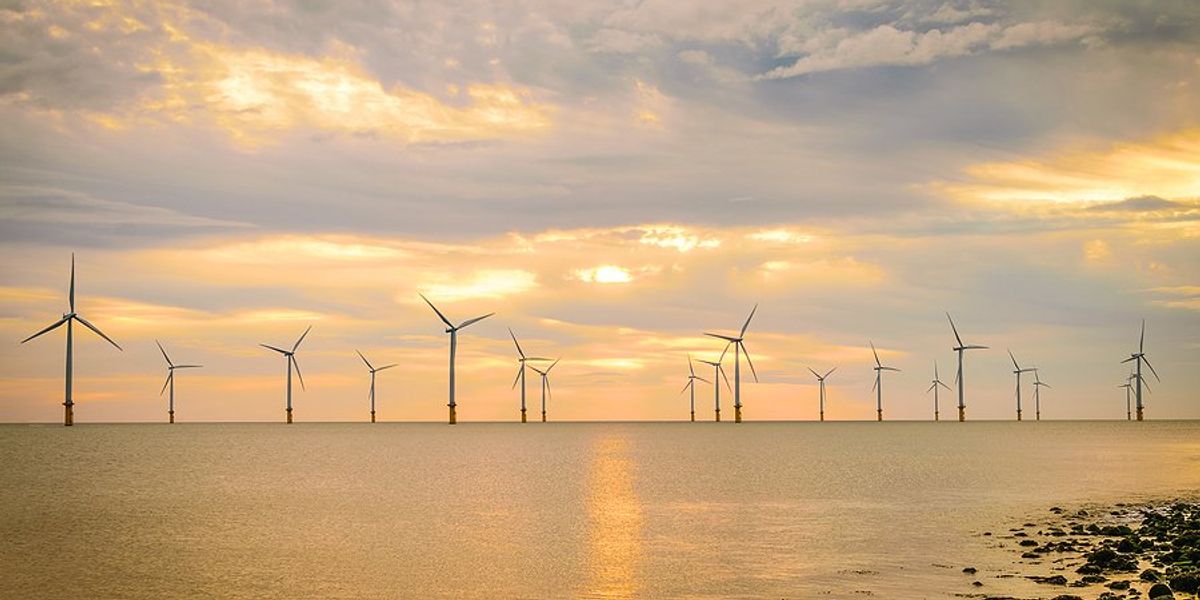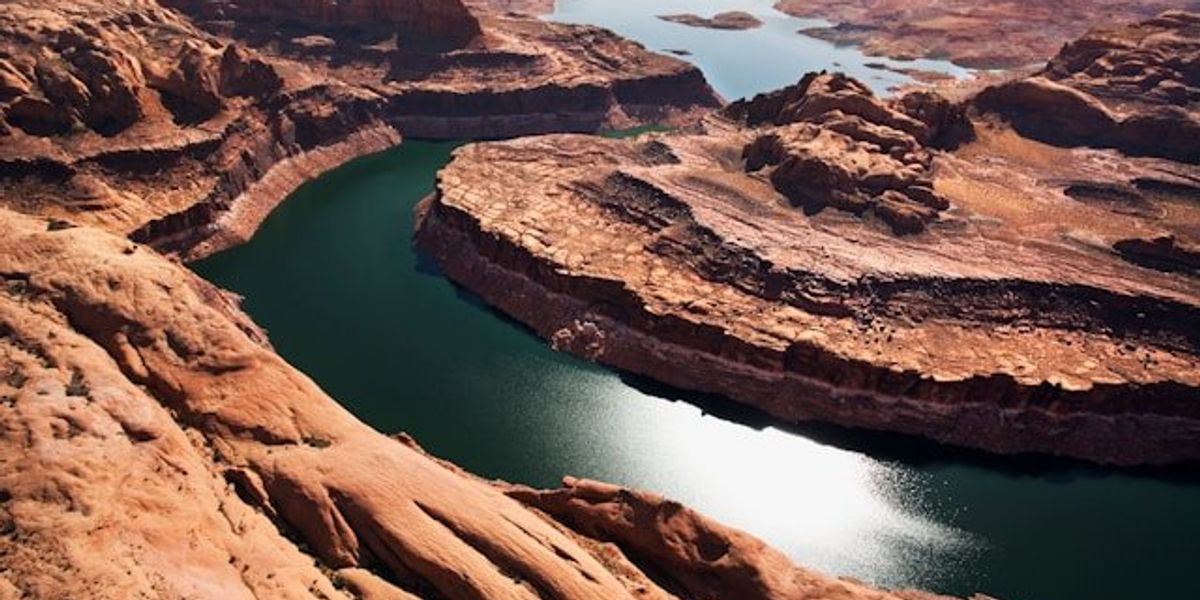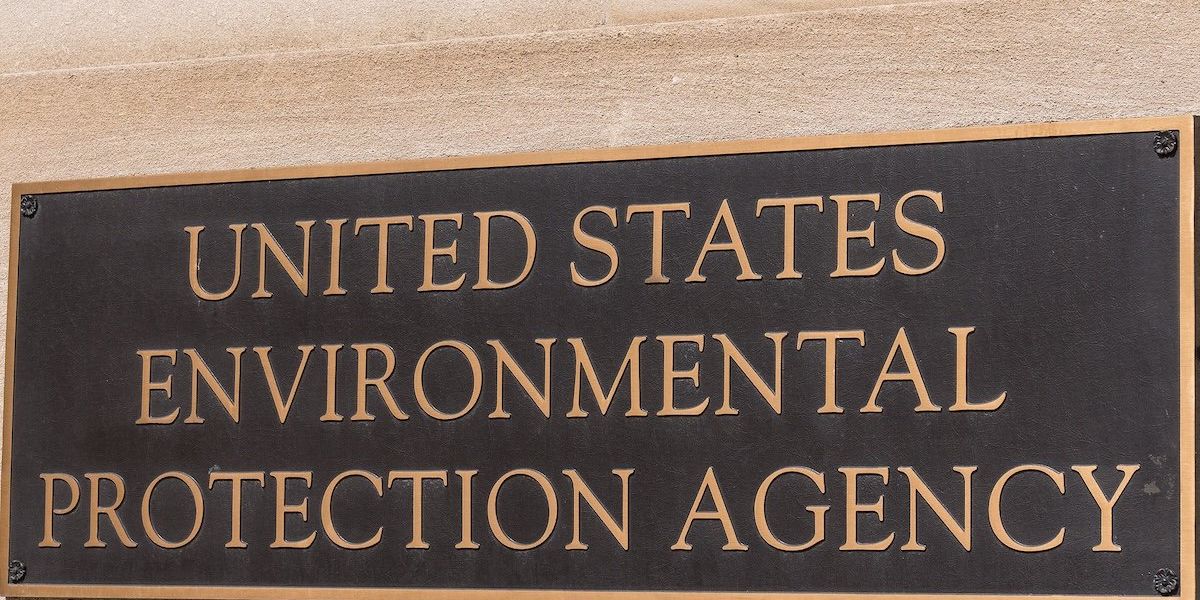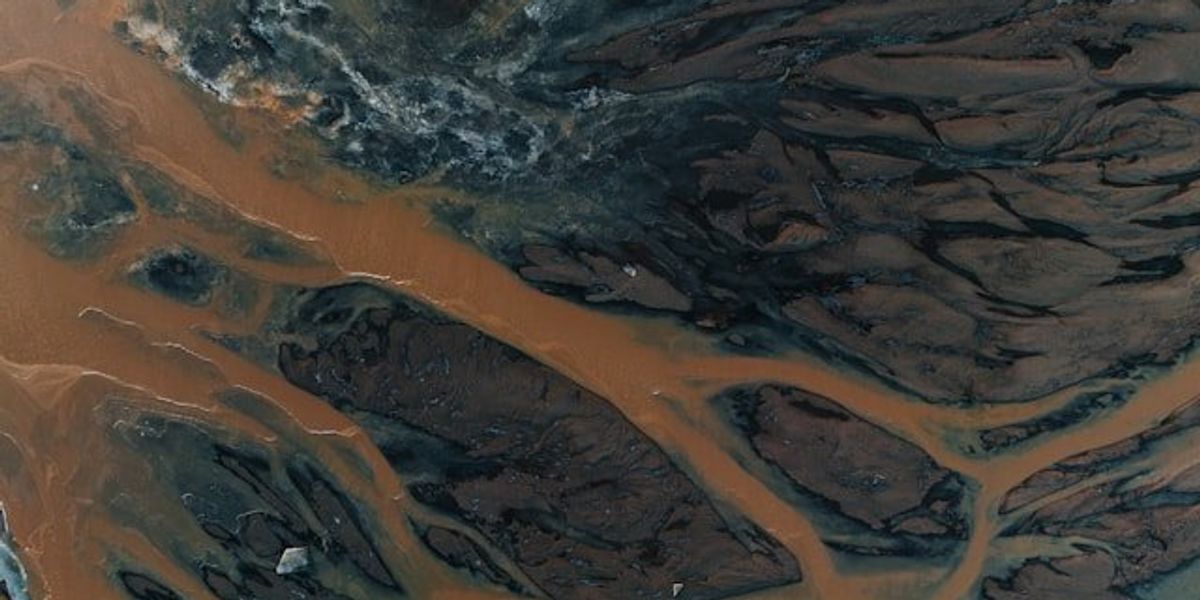warming waters
Virginia's aquatic life faces changes due to warming waters
Rising water temperatures across Virginia are altering the aquatic ecosystem, impacting species from the Chesapeake Bay to inland rivers.
In short:
- Virginia's warming water temperatures, attributed to climate change and environmental alterations such as deforestation, are disrupting the habitat and behaviors of aquatic and amphibian species.
- Key species like the American shad have seen significant declines, with shifts in spawning times and reduced populations highlighting broader ecosystem challenges.
- Conservation efforts are underway, including habitat restoration and policy adjustments, to mitigate temperature impacts and protect vulnerable species.
Key quote:
"Even though it might not seem like a big deal, sustained higher temperatures can really damage the intricate balance of species that call those water bodies home."
— Jeremy Hoffman, director of climate justice and impact at Groundwork USA
Why this matters:
Warming waters can cause significant changes to habitats such as wetlands and marshes. These areas provide important habitat for a diverse array of plant and animal species, serve as natural buffers against storm surges and flooding, and help to filter pollutants from runoff. With rising temperatures, these habitats may shrink or shift, impacting the wildlife that depends on them and reducing their effectiveness in protecting coastal communities from environmental hazards.
Great white shark encounters are increasing due to climate change
The odds of a great white shark encounter are increasing. Scientists say that rising water temperatures due to climate change are allowing juvenile sharks to expand their territory.
London’s River Thames, now home to sharks, seals and seahorses, is no longer ‘biologically dead’
Fishery closures and the ghosts of past mistakes
Dead fish could signal problems for NJ waterways
While not a rare occurrence, the presence of these lifeless menhaden here and at other locations throughout the Two River area, is a cause for concern for a number of reasons.
The future of Lake Superior with climate disruption
More problems are reported as the Gulf of St. Lawrence continues to warm
People who live on her banks and fishers who ply their trades in her waters are are facing more problems an environmental scientists try to come up with solutions to combat the ill-effects of warming waters in the already-troubled Gulf of St. Lawrence.












